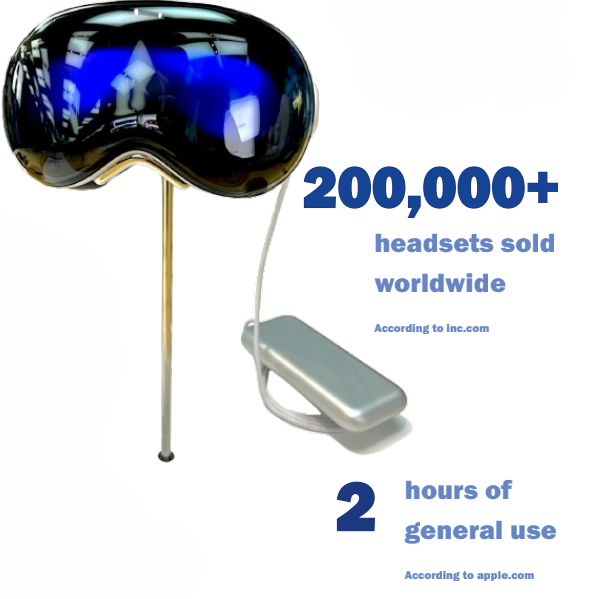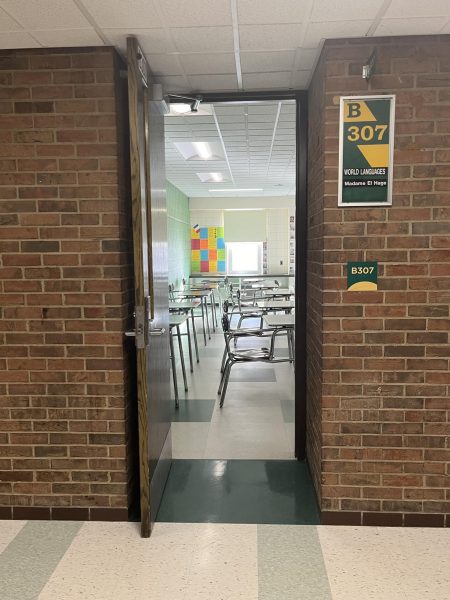Counting sheep, still losing sleep
Once Christmas break arrives, time spent studying for last minute tests and quizzes fills students’ time as the extensive study periods plunge into the late hours of the night. According to the National Sleep Foundation, teens require eight to nine hours of sleep each night to function efficiently, and only 15% of teens surveyed slept eight and a half hours on school nights.
Not getting enough sleep has been proven to limit one’s ability to learn, listen, concentrate and solve problems, so some students make sure to meet the requirements.
“I do get enough sleep because no matter what, if I have a lot of homework, I stop at a decent time so I can go to bed,” junior Megan Lesha said. “I can’t function when I don’t have enough sleep.”
There are, however, students who are sleep deprived throughout the week.
“I don’t get enough sleep. I don’t even get (to) sleep in,” freshman Demontez Watts-Burdett said. “When I do sleep, I only sleep about five hours.”
As grade levels get gradually difficult, students are limited to the amount of time they rest from day to day.
“I don’t get enough sleep because I’m a senior and I have to do a lot more homework than I had when I was a underclassman with AP classes … also, I don’t have that much time to sleep with that much homework, and five to six hours if I’m lucky,” senior Lisa Zmyslowski said.
When you are sleep deprived, you are as impaired as driving with a blood alcohol content of .08%, which is illegal for drivers in many states. Drowsy driving causes over 100,000 crashes each year.
One of many solutions is trying keeping a diary or to-do lists. If you jot notes down before you go to sleep, you’ll be less likely to stay awake worrying or stressing.
If you do the same things every night before you go to sleep, you teach your body the signals that it’s time for bed. Try taking a bath or shower (this will leave you extra time in the morning).
Don’t eat, drink, or exercise within a few hours of your bedtime. Don’t leave your homework for the last minute. Try to avoid the TV, computer and telephone in the hour before you go to bed. Stick to quiet, calm activities.
Light exposure cues the brain to stay awake. In the evening, lights from televisions, mobile phones and computers can prevent adequate production of melatonin, the brain chemical (neurotransmitter) responsible for sleep.
As well as there’s solution for the the sleep deprived teens there’s also things parents need to do like allowing their sleep deprived to sleep in on the weekends.
If that wasn’t enough to get you to to rest you overworked mind here you go acne can flare up if you’re not getting enough sleep! As if we haven’t already made the point that sleep is incredibly important, we must also add that sleep can be helpful in keeping a clear complexion. If you are sleep deprived, especially as a teen, you may experience more skin irritation and acne flare ups. And really, who needs that?











